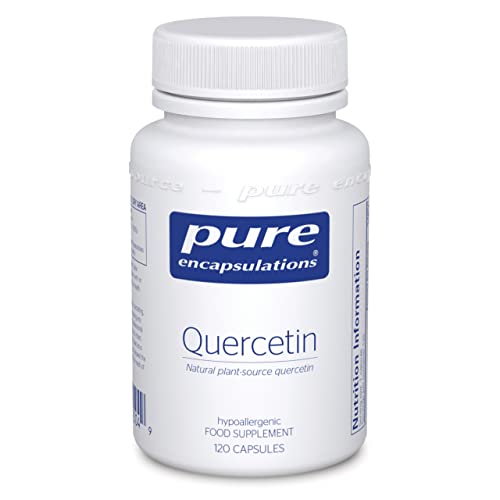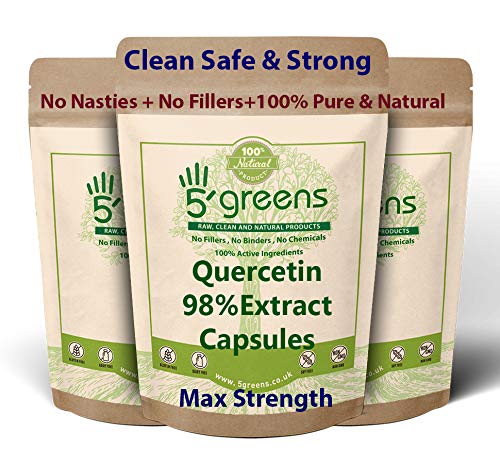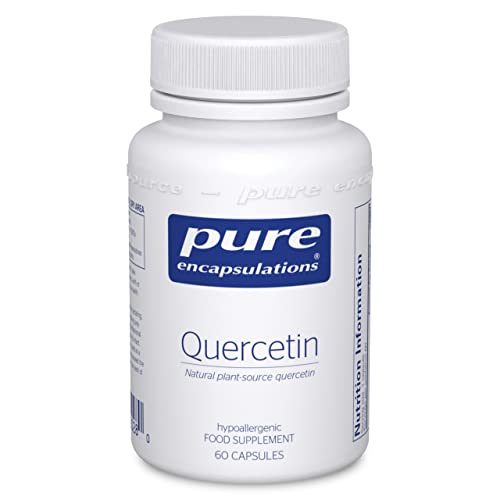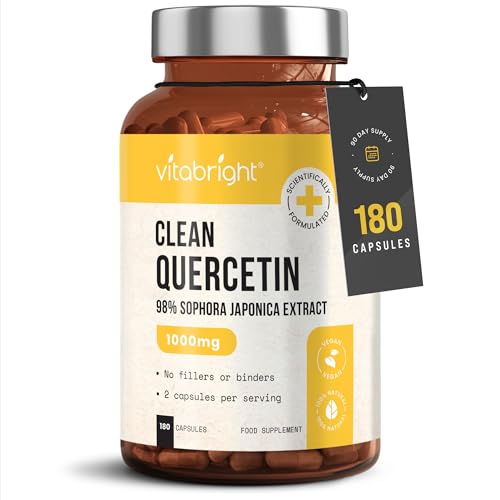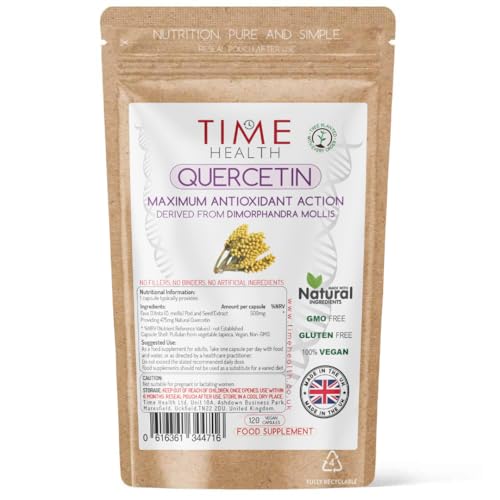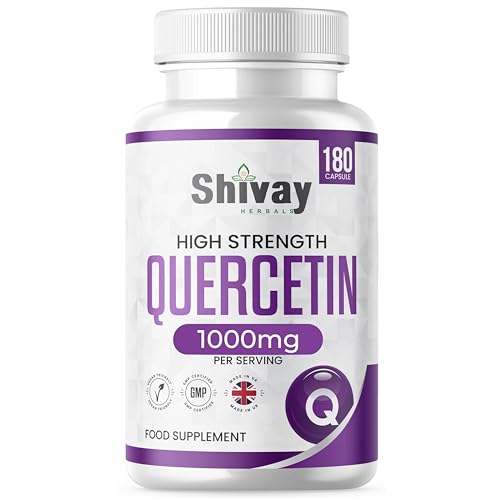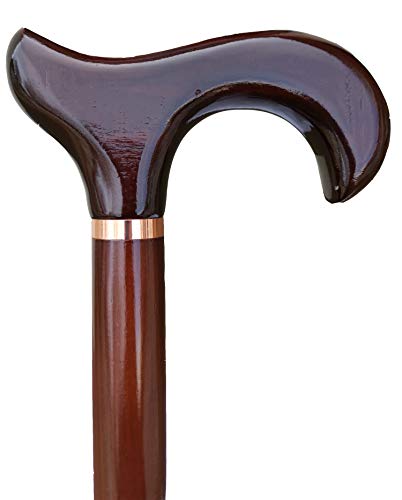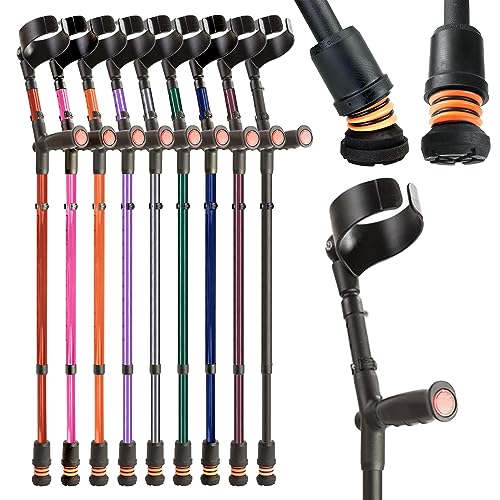Understanding Quercetin: What It Is and Why It Matters
What is Quercetin?
Quercetin is a natural plant pigment belonging to a group of compounds known as flavonoids, found in many fruits, vegetables, and grains. It’s the vibrant yellow substance that gives foods like onions, apples, and citrus their colour, and it plays a crucial role in plant health by protecting against environmental stress. Understanding what quercetin is and where it comes from helps us appreciate its potential health benefits.
Why Quercetin is Important
Quercetin matters because it acts as a powerful antioxidant, which means it helps combat oxidative stress in our bodies. Oxidative stress is linked to various health issues, including chronic inflammation, cardiovascular diseases, and even cancer. By including quercetin-rich foods in our diet or considering supplements, we might enhance our body’s ability to fight against these health concerns.
Health Benefits of Quercetin: From Allergies to Immune Support
Allergy Relief
One of the remarkable benefits of quercetin is its ability to act as a natural antihistamine. For those of us who suffer from seasonal allergies, quercetin might ease symptoms like sneezing, runny nose, and itchy eyes by stabilising mast cells in the body and preventing the release of histamine.
Immune System Support
Quercetin is also known to enhance the immune system. By strengthening our immune response, it helps our body to fight off pathogens and infections more effectively. Incorporating quercetin may lead to fewer colds, flu, and other common illnesses, making it a great addition to our health regimen.
Other Health Benefits
Additionally, quercetin has been researched for its potential anti-inflammatory properties, which can benefit conditions like arthritis or heart disease. It has shown promise in improving cardiovascular health by supporting blood pressure levels and promoting blood flow, which are crucial for overall well-being.
Choosing the Right Quercetin Supplement: Factors to Consider
Forms of Quercetin Supplements
When it comes to quercetin supplements, we encounter various forms, including capsules, powders, and liquid extracts. If we prefer convenience, capsules might be the best choice, while powders can be easily mixed into smoothies or juices.
Dosage Recommendations
Typical dosages of quercetin supplements range from 500 mg to 1000 mg per day. However, the ideal dosage can depend on individual health needs or goals. It’s wise to consult with a healthcare provider before starting any supplement to tailor the dosage to our personal circumstances.
Additional Ingredients
Some quercetin supplements also include bromelain or vitamin C, which may enhance its absorption and effectiveness. When selecting a supplement, we should check the ingredient list to ensure our choice aligns with our health objectives.
How to Incorporate Quercetin into Your Daily Routine
Dietary Sources of Quercetin
In addition to supplements, we can easily boost our quercetin intake through diet. Foods such as red onions, garlic, apples, berries, and citrus fruits are rich in quercetin. Adding these foods to our meals, for example, using onions in stir-fries or enjoying an apple with breakfast, can naturally increase our quercetin consumption.
Timing and Consistency
For those opting for quercetin supplements, consistency is key. Taking them at the same time each day can help us develop a routine, making it easier to remember. Pairing quercetin with meals enhances absorption, so including it during breakfast or lunch might be beneficial.
Frequently Asked Questions About Quercetin
Can I get enough quercetin from food alone?
While it is possible to get sufficient quercetin from a well-rounded diet rich in fruits and vegetables, supplementation can be beneficial for those seeking specific health improvements or for individuals with dietary restrictions.
Are there any side effects of quercetin?
Quercetin is generally well-tolerated, but in some cases, it can cause mild side effects such as headaches or digestive upset. Monitoring our body’s response after starting a supplement is advisable, and any concerns should be discussed with a healthcare professional.
Who should consider taking quercetin?
Individuals dealing with allergies, frequent colds, or looking to support their immune system may find quercetin particularly beneficial. However, anyone considering supplementation should consult with a healthcare provider to ensure it complements their overall health plan.



